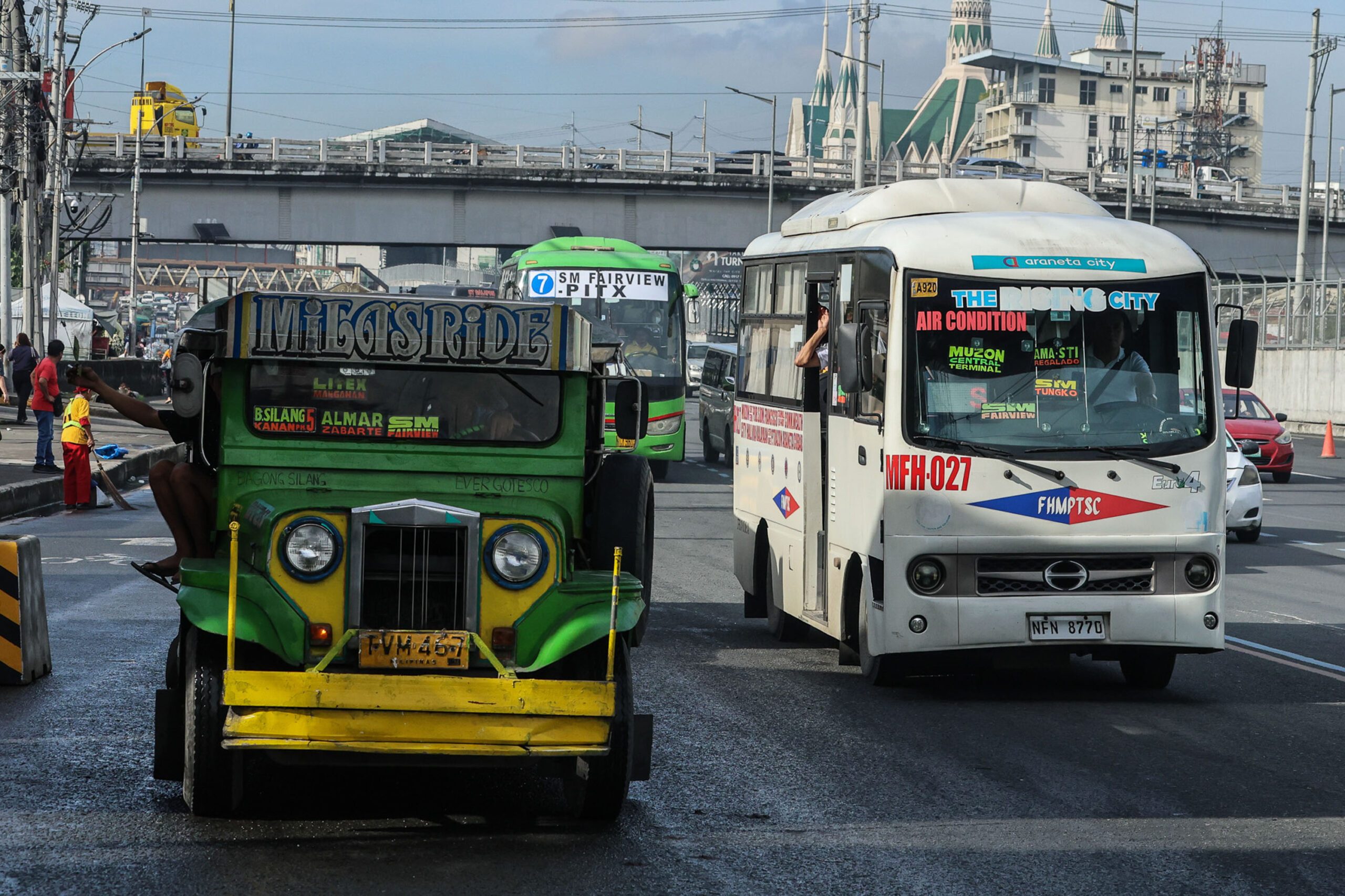SUMMARY
This is AI generated summarization, which may have errors. For context, always refer to the full article.

MANILA, Philippines – The Supreme Court (SC) has denied the petition challenging the legality of the public utility vehicle (PUV) modernization program for not following the proper rules in lodging petitions.
In a decision penned by Associate Justice Maria Filomena Singh, the SC en banc denied the petition for certiorari and prohibition filed by Bayyo Association, Incorporated and its president, Anselmo Perweg. The petition for certiorari is a legal remedy used to ask a court to review a decision previously made by another body.
The SC explained on Thursday, March 7, that the petition was junked due to the petitioners’ lack of legal standing and violation of the hierarchy of courts. The Philippine judiciary, like any other judicial system in the world, observes a hierarchy – the Supreme Court is on top being the court of last resort.
The petition must first be brought to the lowest court with jurisdiction, followed by appeals, until the case reaches the High Court, the SC said. According to rules, as noted by the SC, noncompliance to this rule is a ground for dismissal.
“This doctrine is not mere policy, rather, it is a constitutional filtering mechanism designed to enable the Court to focus on the more fundamental and essential tasks assigned to it by the highest law of the land,” the SC said.
To determine whether the PUV modernization program is confiscatory, anti-poor, and deprives jeepney operators and drivers of their income, among others, were all factual questions raised by the petitioners in the case, the SC said. The SC explained the factual issues or questions raised by the petitioners should have been brought first before other courts – like trial courts or the Court of Appeals – “both of which are specially equipped to try and resolve factual questions.”
Lack of legal standing
In explaining its decision, the High Court also said that “no question involving the constitutionality or validity of a law or governmental act may be heard and decided” by it. There’s actually an exception to this rule, if the case will meet the following requirements, according to the SC:
- There must be an actual case or controversy calling for the exercise of judicial power
- The person challenging the act must have the standing to question the validity of the subject act or issuance
- The question of constitutionality must be raised at the earliest opportunity
- The issue of constitutionality must be the very lis mota (the cause or motivation of a legal action) of the case
However, the SC said the petition did not meet the second requirement because the petitioners do not have the legal standing to file the case. Legal standing or locus standi simply means a petitioner must have the right to file a case because he/she is directly affected by the legal issue that will be challenged, among other reasons.
“While the third party standing of an association to sue on behalf of its members has been recognized by the Court, such association must establish who their members are, and that it has been duly authorized by its members to represent them or sue on their behalf,” the SC said.
In the petition, Bayyo failed to submit any proof that their organization is a legitimate association of jeepney drivers and operators. Although Bayyo submitted a certificate of registration issued by the Securities and Exchange Commission, the document only proved the organization’s registration, but cannot establish that its members are indeed jeepney drivers and operators.
What happened before
Bayyo, which claimed it is an organization composed of at least 430 jeepney drivers and operators operating in various routes in Metro Manila, challenged a Department of Transportation order that enabled the implementation of the PUV modernization program.
The petitioners said the order “is unconstitutional for being violative of the due process and equal protection clauses of the Constitution.”
The modernization program aims to promote safer and more environment-friendly transport options. The program’s first step is consolidation, which requires operators to band together through a cooperative or corporation. Once consolidated, jeepneys will be deployed with more efficiency, avoiding drivers to compete with each other for passengers, the government said.
The next step would be the purchase of pricey modern jeepneys. As of January 5, 2024, consolidation numbers were at 111,581 units (73.96%) for jeepneys and 15,844 (82.03%) units for UV Express, based on government data.
The modernization program had been met by criticisms and opposition from various transport groups. Organizations have been holding several transport strikes and protests to air their sentiments against the policy. – Rappler.com
Add a comment
How does this make you feel?








There are no comments yet. Add your comment to start the conversation.